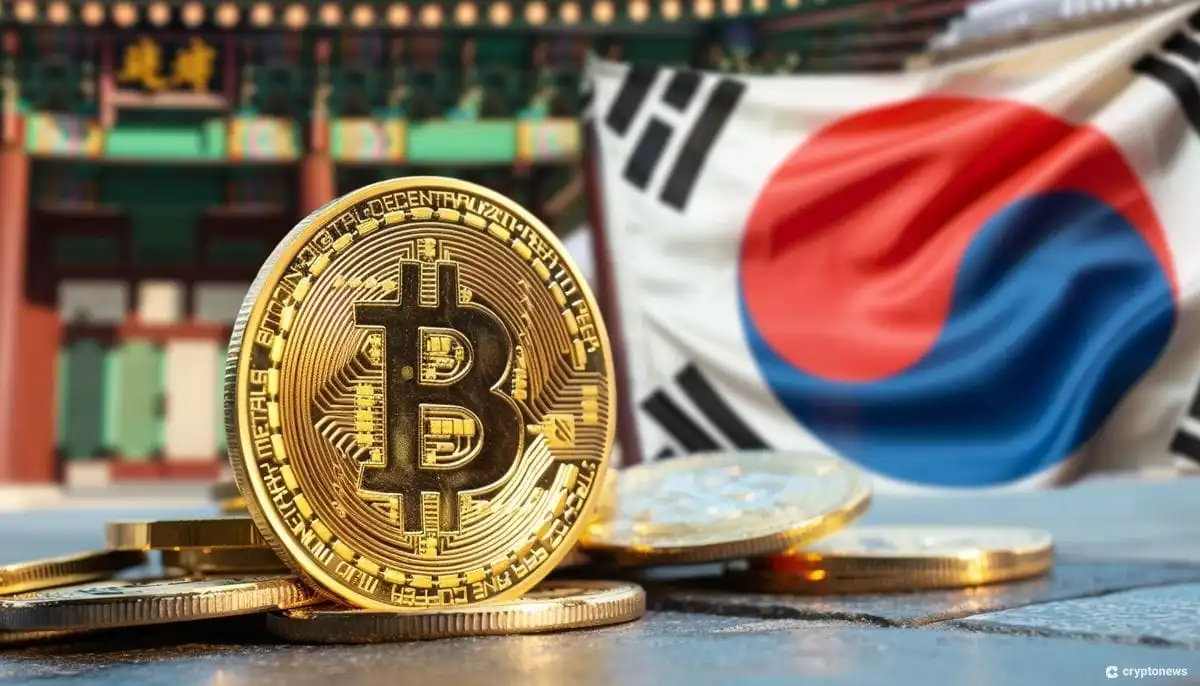- South Korea’s FSC nominee critiques cryptocurrencies as volatile, value-less assets.
- Lee Eok-won expresses skepticism about crypto ETFs and pension funds.
- Nominee supports stablecoins while cautioning against broader crypto investments.
South Korea’s nominee for the top financial regulator has made a firm statement on digital assets. Lee Eok-won, tapped to lead the Financial Services Commission (FSC), argued that cryptocurrencies have no intrinsic value, unlike traditional products such as deposits and equities. His written remarks, revealed ahead of his confirmation hearing, were reported by News1.
Lee stressed that price volatility makes it impossible for cryptocurrencies to fulfill core functions of money. He noted that they fail to act as a stable store of value or serve reliably as a medium of exchange.
He further expressed doubt about the suitability of crypto for pension and retirement funds. According to him, the highly speculative nature of the market makes it too risky for long-term investment vehicles.
Also Read: Gold Shatters Records as Bitcoin Crumbles — Is the Safe-Haven Shift Underway?
Industry Pushback and ETF Debate
The nominee’s remarks quickly sparked criticism from local industry players. Many described his position as regressive, particularly when global corporations and governments are integrating crypto into financial strategies.
At the same time, Lee addressed the ongoing discussions around local crypto exchange-traded funds. He admitted there are unresolved concerns but pledged to collaborate with lawmakers to explore the project. Experts opposed his negative stance, arguing that digital assets carry practical value in blockchain’s security and transferability.
Support for Stablecoins
Unlike his view on broader cryptocurrencies, Lee outlined a more supportive approach to stablecoins. He emphasized balancing innovation with necessary safeguards as South Korea moves to regulate a local currency-pegged stablecoin market.
Endorsed by President Lee Jae Myung, the initiative reflects a wider regional push. Japan, Hong Kong, and China are all exploring stablecoins to strengthen monetary sovereignty in the digital era.
Lee’s sharp distinction between cryptocurrencies and stablecoins sets the tone for future policy. His position indicates that South Korea may allow innovation in stablecoins while keeping a cautious stance on other digital assets.
Also Read: XRP Shock: Coinbase Holdings Plunge After BlackRock Tie-Up
